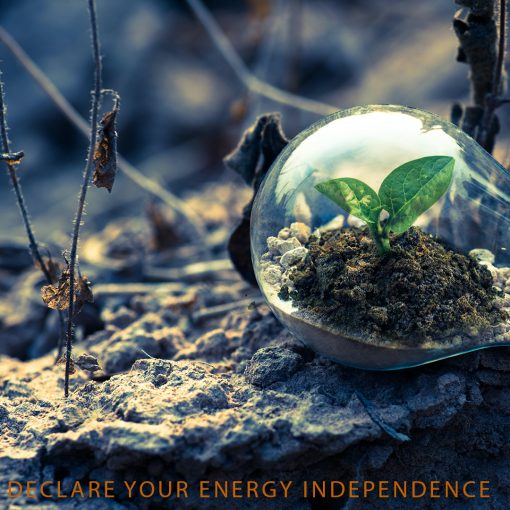In the face of escalating environmental challenges and the pressing need to mitigate climate change, the transition to green energy has never been more critical. As the global population continues to rise, so does the demand for energy, making it imperative to harness sustainable and renewable energy sources. The importance of creating green energy for future generations cannot be overstated, as it holds the key to a healthier planet, economic resilience, and the well-being of all life forms.
Environmental Preservation

First and foremost, green energy is essential for the preservation of our environment. Traditional energy sources, such as coal, oil, and natural gas, emit significant amounts of greenhouse gases, contributing to global warming and climate change. The shift towards renewable energy sources like solar, wind, hydro, and geothermal power can drastically reduce carbon emissions, helping to stabilize the earth’s climate. Moreover, these renewable sources are less destructive to ecosystems, ensuring the preservation of biodiversity for future generations.
Economic Benefits
Transitioning to green energy also presents substantial economic benefits. By investing in renewable energy, countries can reduce their dependence on imported fuels, enhancing energy security and economic stability. The renewable energy sector is labor-intensive, thus creating numerous job opportunities in manufacturing, installation, and maintenance. Furthermore, the cost of renewable energy has been steadily decreasing, making it increasingly competitive with traditional energy sources. This economic viability ensures that future generations will have access to affordable and sustainable energy, fostering economic growth and development.
Health and Well-being
The health implications of continuing with fossil fuels are dire. Air pollution resulting from the burning of fossil fuels is linked to a myriad of health problems, including respiratory and heart diseases. By embracing green energy, we can significantly reduce air pollution, leading to healthier communities. Clean air is not just beneficial for human health; it also supports healthy ecosystems, which are vital for the survival of countless species.
Energy Security and Independence
Green energy offers a path to energy security and independence. Renewable resources are abundant and available in some form in nearly every part of the world. Unlike fossil fuels, which are concentrated in specific regions and subject to geopolitical tensions, renewable energy can be locally sourced and developed. This decentralization of energy production empowers communities, reduces the risks associated with energy supply disruptions, and promotes global stability.

Ethical Responsibility
There is an ethical imperative to transition to green energy. The current generation has a responsibility to mitigate environmental degradation and prevent the catastrophic impacts of climate change. By investing in green energy, we are making a commitment to future generations—a promise of a livable planet where they can thrive. It is about ensuring equity, justice, and a sustainable future for all.
Conclusion
The importance of creating green energy for future generations is clear. It is a multifaceted approach that promises environmental preservation, economic resilience, improved health, energy security, and fulfills our ethical obligation to future generations. The transition to renewable energy is not just a choice but a necessity for the survival and prosperity of humanity. As we look forward, it is crucial that governments, businesses, and individuals commit to this transition, fostering innovation and collaboration to build a sustainable and green future. The time to act is now, for the planet and for the generations to come.
